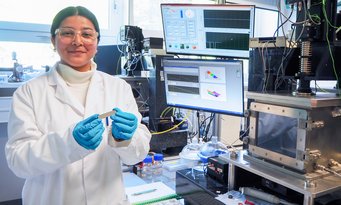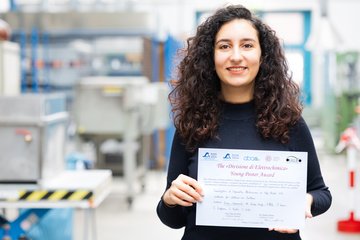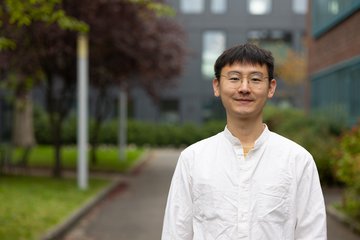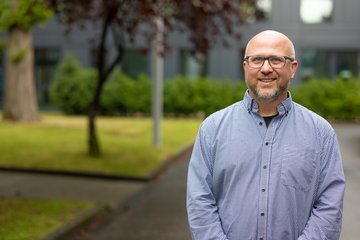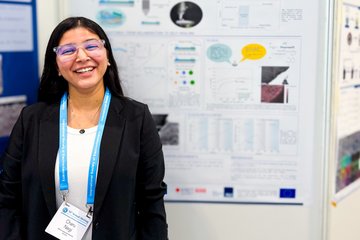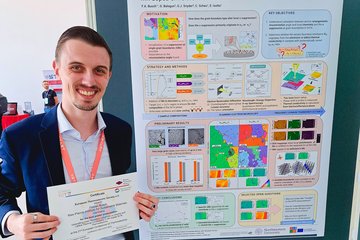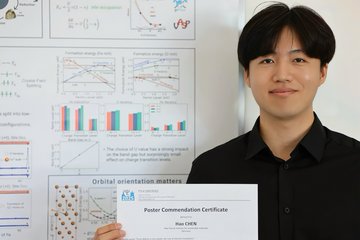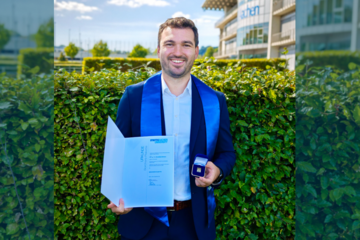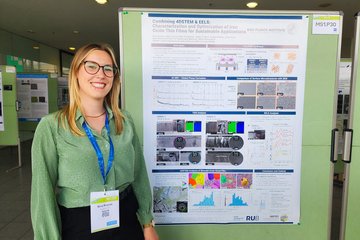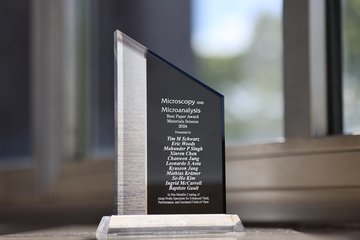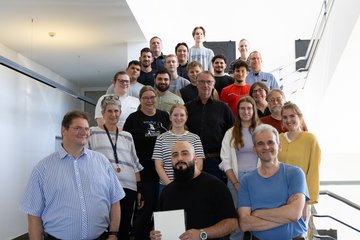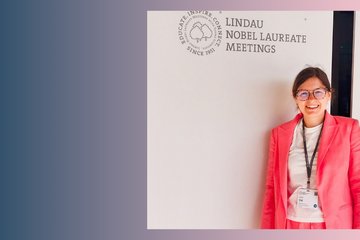Charu Negi receives prestigious EU scholarship
Negi explores self-healing coatings for corrosion protection
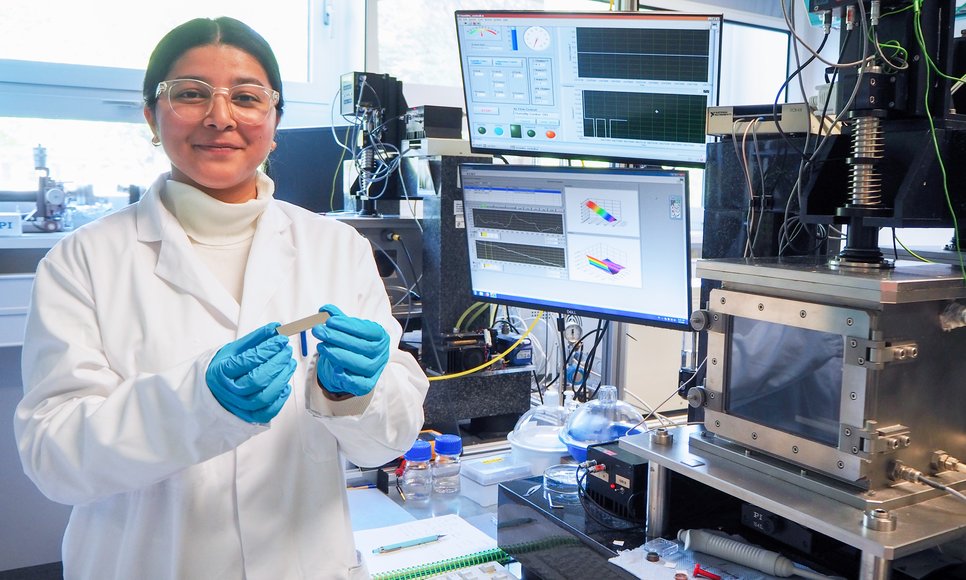
The European hub of the Royal Melbourne Institute of Technology (RMIT Europe) has granted Charu Negi a doctoral scholarship for four years. Negi is a former chemist of the CSIR-Indian Institute of Petroleum in Dehradun, India. The scholarship enables her to pursue her research at the Max-Planck-Institut für Eisenforschung (MPIE) where she joined the “Corrosion” group. Moreover, the scholarship also involves a one-year stay at the RMIT University (Australia).
"I'm extremely happy and proud to have been chosen for this scholarship," expresses Negi. "This is my first time living in a foreign country, and I'm grateful for the valuable experience it provides. It took me two years after completing my master's studies to successfully secure a PhD position. During that time, I familiarized myself with the application process and sharpened my skills for this position." Negi's research is also supported by an industrial partner. She analyzes the reasons and underlying processes behind the delamination of organic coatings from metal surfaces, with the goal of developing self-healing coatings for metal protection. To achieve this, she employs the Scanning Kelvin Probe technique, which was developed at MPIE. This technique allows to “see-through” a coating and measures the electrical potentials of the underlying metal substrate. Such measurements provide crucial information about the metal's vulnerability to corrosion and the effectiveness of the organic coating.
Prior to joining MPIE, Negi had already heard about the institute through her supervisors and various publications. She pursued her bachelor's and master's studies in chemistry at Doon University in Dehradun, India. Her initial exposure to research occurred during an undergraduate program she participated. This experience encouraged her to pursue a scientific career path.
This program has received funding from the European Union’s Horizon 2020 research and innovation programme under the Marie Skłodowska-Curie grant agreement No 101034328.
